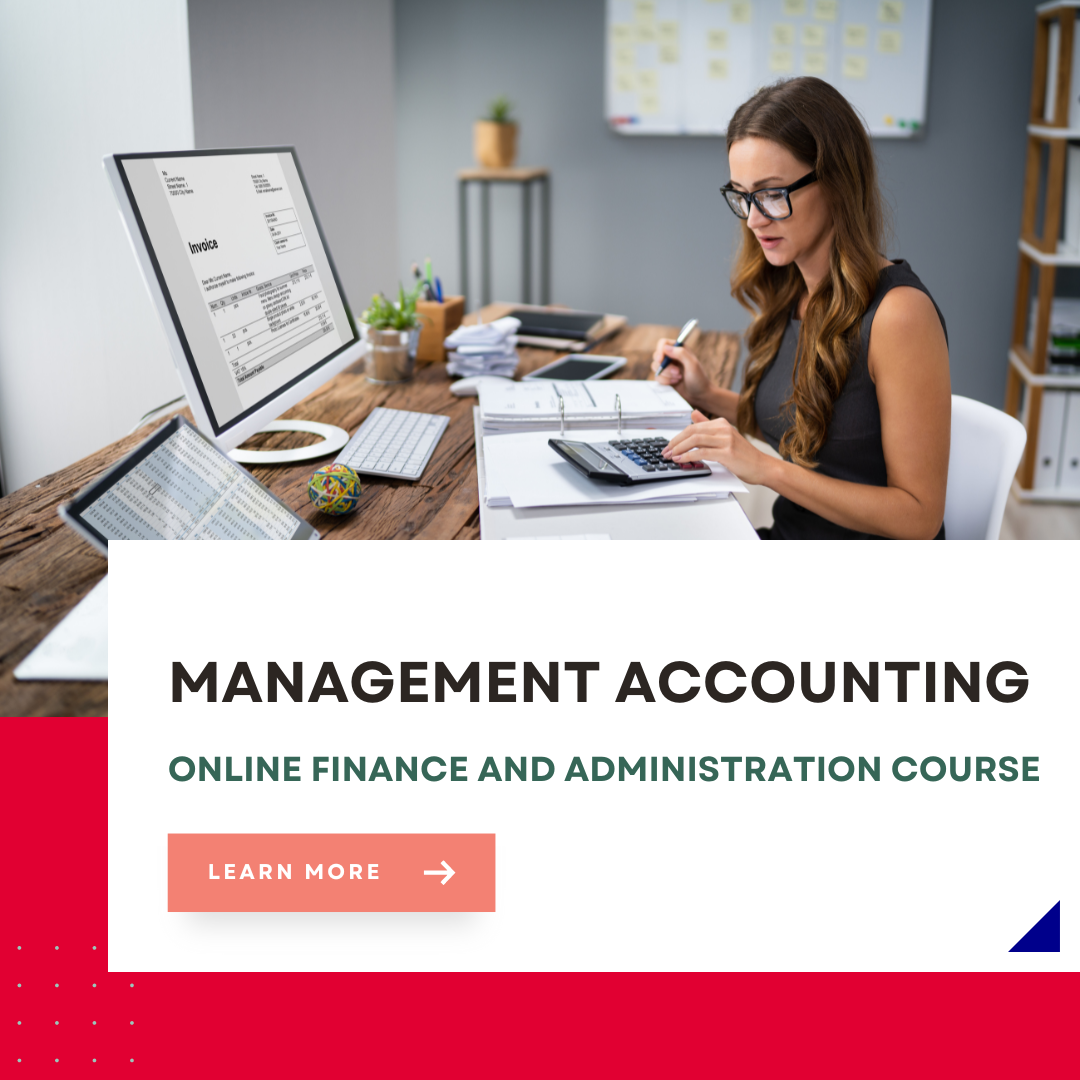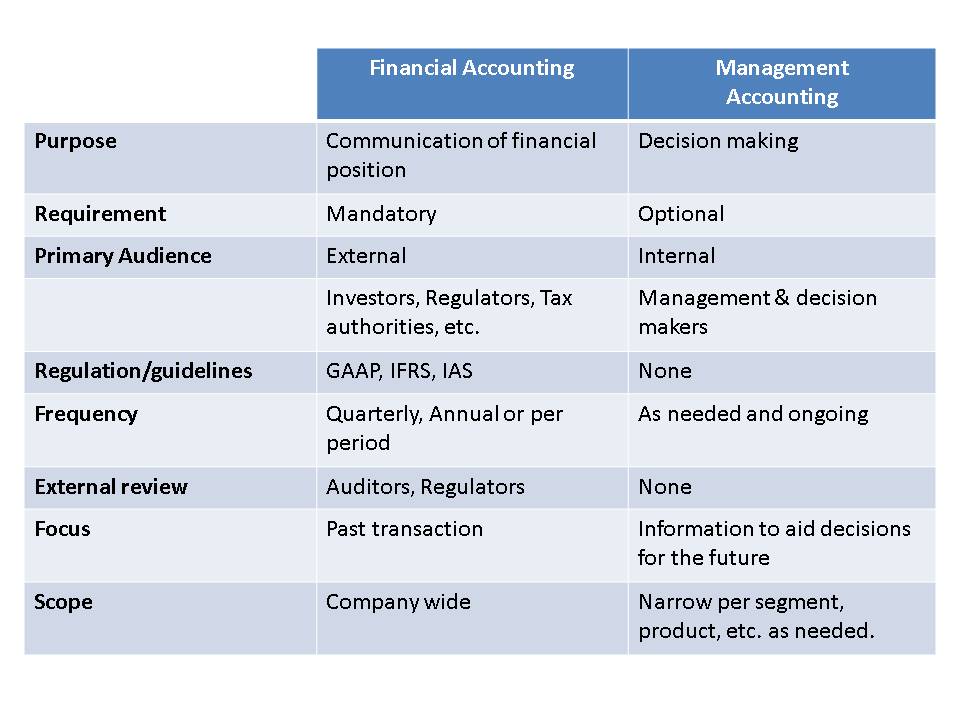
Your electronic Certificate will be added to your Accomplishments page – from there, you can print your Certificate or add it to your LinkedIn profile. If you only want to read and view the course content, you can audit the course for free. Illinois serves the world by creating knowledge, preparing students for lives of impact, and finding solutions to critical societal needs. Accounts receivable (AR) is the money owed to a company for a product or service bought on credit.
Management Accounting FAQs
Within managerial accounting, several methods may be used to manage an organization’s finances. Managerial accountants may use one or more of these types depending on the organization’s size, industry, financial objectives, and financial status. In many cases, these types of accounting are used during certain times and may not always be used all the time. A financial analyst’s main duty is to examine data to determine outcomes and opportunities for business investments and decisions. Financial analysts will track and analyze financial processes for companies, support other departments, and use financial data to create budgets and forecasts. Accounting managers work to ensure the timely delivery of financial reports to an organization’s decision-makers.
Ask a Financial Professional Any Question
Splitting each concepts into smaller chunks/sections supplemented by relevant questions and answers and examples would make the reading easy to the students. Finance Strategists has an advertising relationship with some of the companies included on this website. We may earn a commission when you click on a link or make a purchase through the links on our site. All of our content is based on objective analysis, and the opinions are our own. The Controller, or Chief Management Accountant, is responsible for all accounting functions, including providing relevant information to managers at all levels of management.
QuickBooks Desktop vs Online: Which is Best for Your Business?
Financial accounting is the process of preparing and presenting quarterly or annual financial information for external use. Financial accounting reports may entail audited financial statements that help investors decide whether or not to buy or sell a given company’s stock. Financial professionals calculate inventory turnover to determine how long it takes inventory to turn into revenue. This process helps companies manage inventory and keep the costs of goods and services set compared to incoming revenue.

Compliance with Tax Laws and Regulations
Information may be published over periodic time intervals or on an as- need basis. Managerial accounting involves not only actual financial data from past periods, but also current estimates and future projections. By analyzing cash flow patterns, advisory accountants identify potential liquidity issues and recommend strategies to rules for claiming a dependent on your tax return maintain stability. Strategies might include advising on maintaining emergency funds, refining accounts receivable processes or negotiating improved payment terms with suppliers. Effective advisory accounting also assists businesses in navigating regulatory risks by ensuring compliance with tax laws and financial regulations.
- This role ensures the accuracy of reports, manages the performance of other accountants, and allocates tasks among other accountants.
- Information may be published over periodic time intervals or on an as- need basis.
- Managerial accountants calculate and allocate overhead charges to assess the full expense related to the production of a good.
Great! The Financial Professional Will Get Back To You Soon.
Cloud accounting is a modern approach to financial management, using internet-based software to perform essential accounting functions, such as tracking expenses, managing accounts, and generating reports. Accounting skills are important because they help businesses to manage cash flow, meet tax deadlines and set budgets for the year. Essentially, they help to understand the profitability of a company and its financial strengths and weaknesses. Risk management focuses on identifying, evaluating and addressing potential threats that could affect a company’s operations, profitability or reputation. Effective risk management anticipates these threats and implements strategies to minimize their impact. This involves a structured internal audit approach to foresee potential issues and plan accordingly.
To become a management accountant, earn a degree in accounting, gain professional experience, and consider Certified Management Accounting (CMA) certification. In business, financial accounting refers to the act of recording a company’s financial transactions, which are typically examined by investment banking analysts and shareholders of public corporations. A separate practice known as managerial accounting refers to the discipline of record-keeping with an eye towards budgeting and performance measurement, typically conducted by managers. Constraint analysis helps companies run more smoothly and efficiently by identifying errors in the production of goods and services. Managerial accountants may use data like cash flow, revenue, and profits to identify problems in the flow and cost of production, which affects profitability.
Many companies waste money on unnecessary expenses, and advisors highlight these inefficiencies. By thoroughly reviewing financial statements and budgets, advisors find areas for improvement. Services like financial modeling help companies forecast future performance and make informed decisions about expansion, investments and resource management. Advisors also assist with tax planning, setting financial goals and tracking progress.
